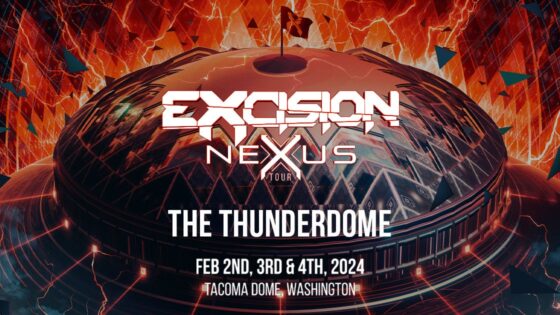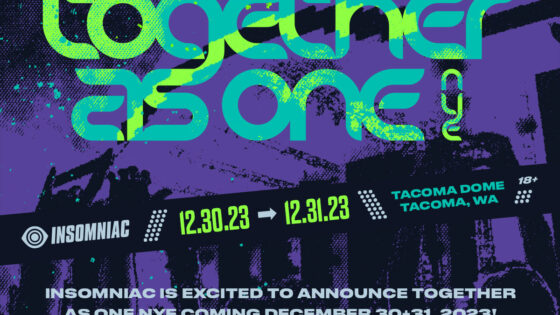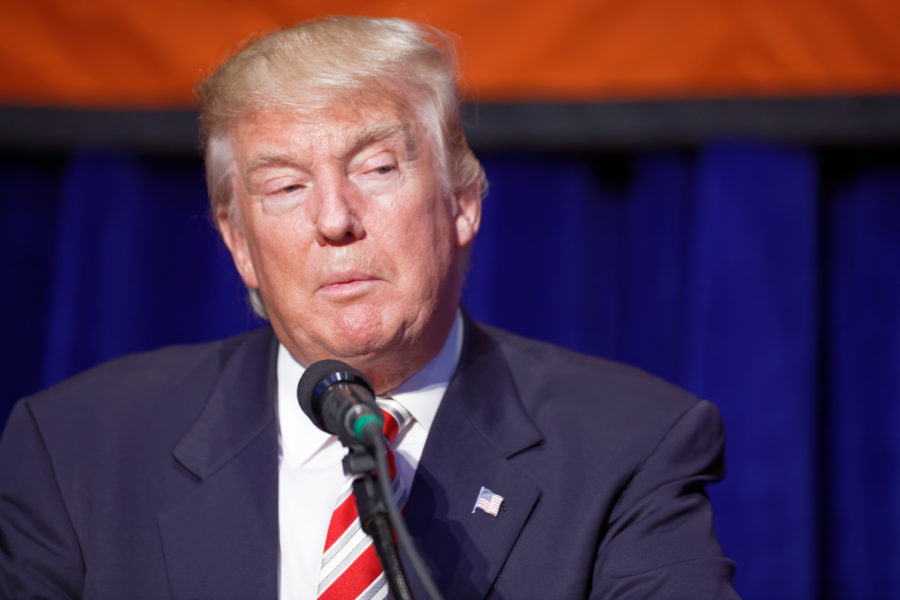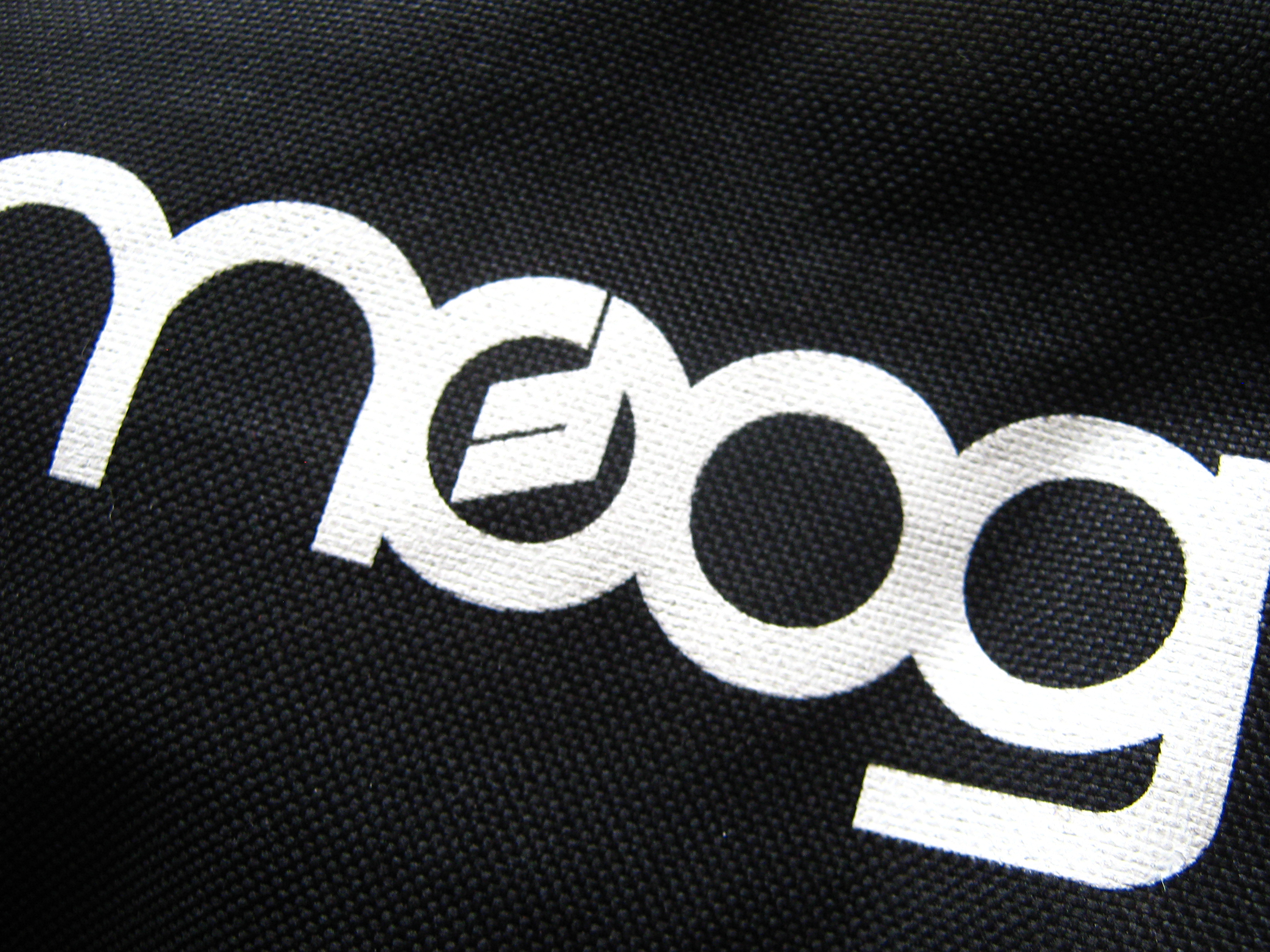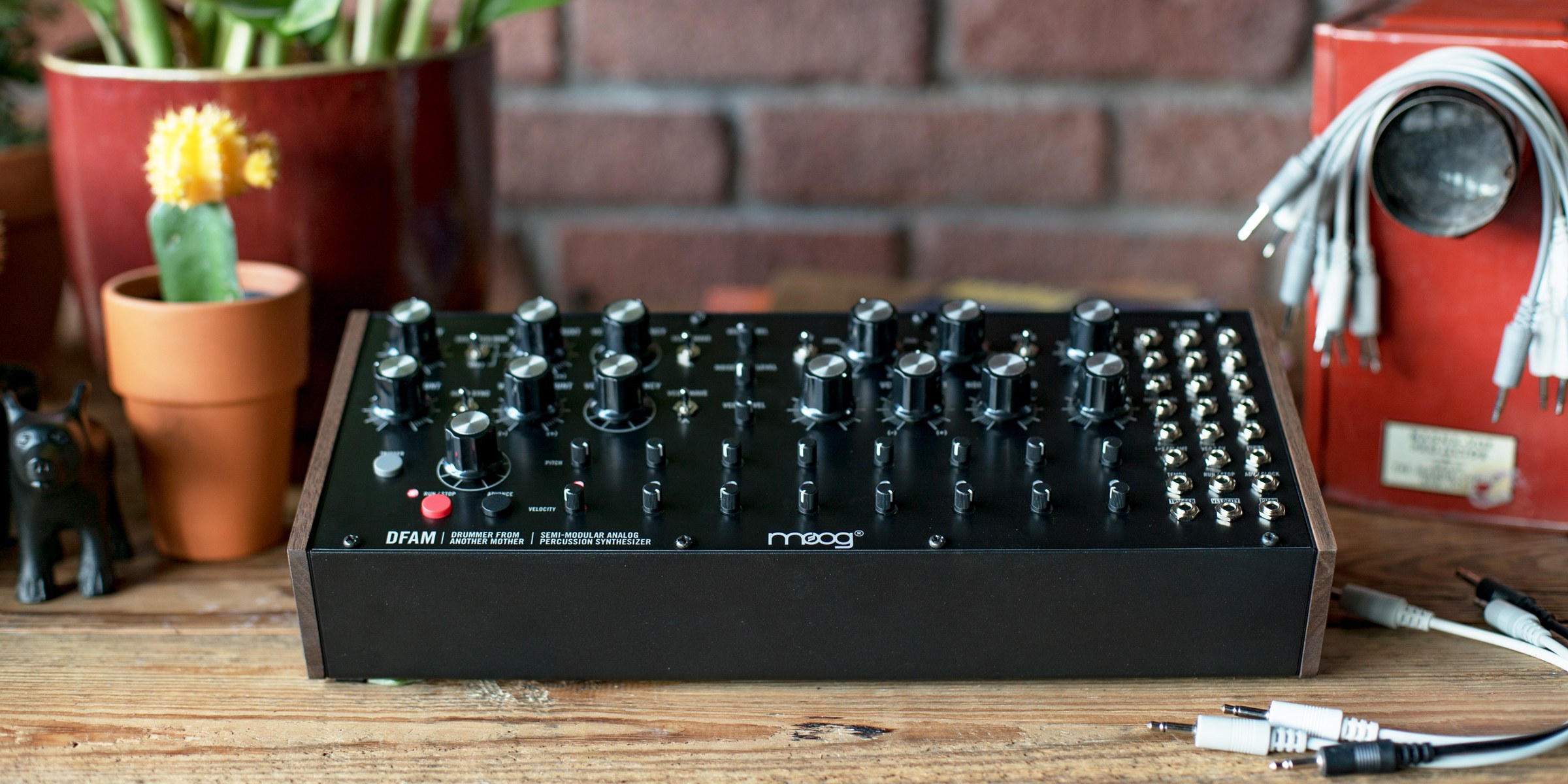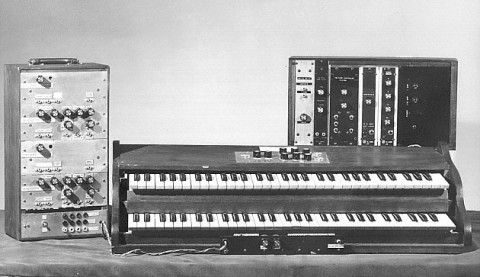The tariffs on 1,300 Chinese products announced by the Trump Administration this April have profound consequences for the market at large. As we approach the implementation of this policy, on July 6th, these tariffs have increasingly been revealed to have more consequences than perhaps expected.
Moog Music has recently announced that the 25 percent tariff on a particular circuit board utilized to manufacture their hallmark synthesizers could potentially shut down their U.S. manufacturing activities. The company would be forced to move their manufacturing overseas, since the fully-assembled synthesizers are exempt from the tariff.
Moog has long held its place at the forefront of American electronic instruments, exerting influence on composers such as Philip Glass and later generations of electronic music producers across genres. The possibility of Moog’s move overseas seems to project a bleak future for American electronic music. The recent resurgence in interest in analog and manual production gear, spearheaded by Moog, could very well come to an end.
Though the tariffs are aimed primarily at medical goods, the list of goods provided by the Trump Administration stretches from pre-recorded film to flamethrowers. The sheer scope of the tariffs inevitably reaches into many industries, including manufacturers whose products are aimed at music consumers.
Luckily, Pioneer, a Japanese company, remains a favorite brand for DJ and production equipment across the globe. The tariffs are unlikely to affect the musical activities of your favorite artists for this reason; however, the high taxation on imported Chinese parts could spell the end for U.S. manufacturers of electronic instruments. Startup companies and small businesses are unlikely to fare well with high manufacturing costs within the U.S.
The tariffs also have the potential to permanently exclude U.S. manufacture of devices on which consumers listen to their music. Presidents have repeatedly called for the manufacture of Macs and iPhones within the U.S., but high importation costs seem to preclude any potential moves on behalf of manufacturers like Apple.
Though no major electronic instruments outside of Moog synthesizers seem to be immediately threatened, it is worth questioning what the consequences of an electronic music scene that relies only on imported goods may be.
What effect do you think the tariffs could have on American EDM? Let us know in the comments!
Important things happen in Pacific Northwest nightlife, and DMNW will send you alerts!







